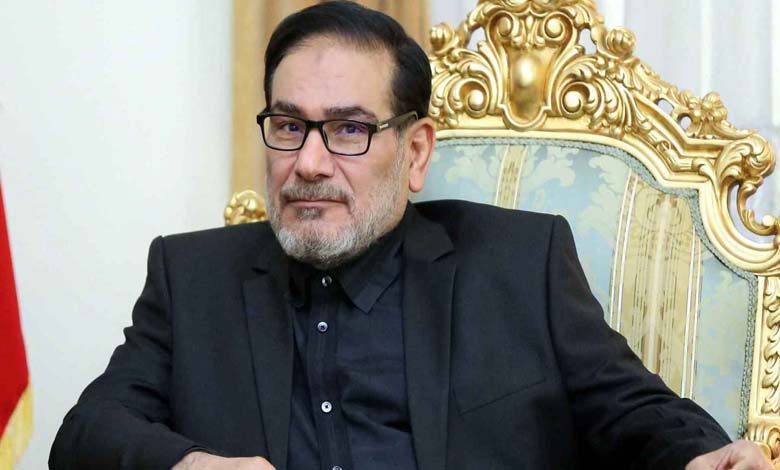Khamenei’s advisor breaks the silence on death rumors: I’m alive

After days of conflicting reports about his fate, Ali Shamkhani, advisor to Iran’s Supreme Leader, broke his silence in a statement confirming his survival and his readiness to continue defending the nation.
Last Friday, Israel launched an airstrike against Iran, targeting nuclear facilities and high-ranking political and military figures.
Among those reportedly targeted was Shamkhani. Iranian media outlets, including “Iran International”, reported his death in the strike, while others claimed he had sustained serious injuries.
-
Trump Pulls the Trigger Back: Why Did He Reject Israel’s Proposal to Assassinate Khamenei?
-
Khamenei, Iran’s Illness and the Obstacle to Any Agreement with Washington
On Friday, Shamkhani issued a message, cited by Iran’s official Tasnim News Agency, in which he confirmed he is recovering and declared: “I am still alive and ready to stand in the trenches to defend the homeland.”
According to the agency, Shamkhani’s residence was hit by an Israeli airstrike at dawn on June 12, leaving him injured. His current condition is said to be medically stable.
In his letter addressed to Supreme Leader Ali Khamenei and the Iranian people, Shamkhani delivered several key messages:
-
Khamenei Responds to Washington Over Uranium Enrichment
-
Iran Reshuffles Its Strategy by Appointing Naim Qassem as Khamenei’s Representative in Lebanon
First: a direct denial of the rumors about his death or a serious health decline. He stated plainly, “I am alive,” and “this wounded body will remain a shield to protect the people.”
Second: he reaffirmed his readiness to “sacrifice myself a hundred times for Iran.”
Third: he used a defiant tone, saying that “fighting Iran is playing with fire,” and warned Israel that such a path “will lead only to ashes.”
-
Khamenei Urges Strengthening Military Power to Curb Trump’s Threats
-
After Iraqi Factions Abandoned It, Khamenei: Iran Does Not Need Proxies in the Region
Who is Ali Shamkhani?
Ali Shamkhani was born in 1955 in Ahvaz, into an Arab family—an element that adds symbolic weight to his rise in Iran’s political and military ranks.
He studied agriculture, then earned master’s degrees in military affairs and management.
Though he has a military background, Western media often describe him as relatively moderate. He previously served as Iran’s Minister of Defense and was later appointed Secretary of the Supreme National Security Council before becoming an advisor to Supreme Leader Khamenei.
-
Khamenei: Damascus Ignored Our Warning about a Plot to Overthrow the Regime
-
Mystery Surrounding Khamenei’s Health Revives Rumors of His Death and Succession
During the Iran-Iraq war, he held several key roles, including commander of military forces in Khuzestan and interim commander overseeing the implementation of UN Security Council Resolution 598, which ended the conflict.
He also served as commander of Iran’s naval forces. Under reformist President Mohammad Khatami (1997–2005), he was named Defense Minister, and later retained high-level influence under President Hassan Rouhani, presenting himself as a pragmatic voice in Iran’s strategic circles.
He is often regarded as aligned with the more realistic camp within Iran’s foreign policy leadership—especially in times of internal and external tension driven by ideological extremism.












